The Raw Reality of Teenage Vices in Korea
Underage Drinkers and Smokers Use Sneaky Methods to Avoid Getting Busted
March 13, 2022
Before returning to Korea, I was already accustomed to teen drinking and smoking from my experience in Panama. My Latin friends were always shocked when I told them how conservative their Korean counterparts were compared to them. I truly believed that Korean students were much more innocent, but one scroll through Instagram stories was enough for me to flip my perspective completely.
Some Korean teens, either the same age as me or younger (not of age to drink or smoke yet), carelessly posted pictures of themselves drinking and smoking on their Instagram stories. I already knew that some of the youth started on certain illicit substances in high school, but these posts shocked me, laying bare the truth: kids weren’t afraid of the repercussions of their actions. In fact, instead of being afraid, they were proud. I watched on as they kept on posting similar stories and posts, day after day. It seemed like they were trying to say, “Look at me! Look at me! I’m cool, because I’m doing stuff that’s bad for me!”
In 2019, a survey by the National Youth Policy Institute revealed that 15% of middle and high school students in Korea drank, while 6.7% smoked. Although this number has been decreasing in recent years – in 2006, percentages were at their peak with 28.6% of students drinking and 12.8% smoking – the statistic is still relatively high.
Teenagers have developed sneaky ways to avoid getting caught while buying alcohol or cigarettes. Social media isn’t just used to brag about these illicit activities, it’s also used as a way for juveniles to find people who make fake IDs or “proxy sell” items like alcohol and cigarettes to those under the legal age limits.
The hashtag for #가짜민증 (#fakeID) is prolific on Instagram, with over two hundred sketchy promotion posts advertising accounts that make and sell false, aged-up identification. It’s just too easy for students to reach out to counterfeit ID sellers, and they’re never taught about what kinds of dangers are involved in trying to contact these shady businessmen. The seller might ask for private information or continuously blackmail you for more money after the deal.
Additionally, proxy buying, or 대리구매 in Korean, is the act of paying someone to act as a stand-in for your illegal purchases – in short, they purchase alcohol for their “clients” in exchange for money. The proxy could be a stranger on social media, a friend who looks older than his or her age, a friend with fake identification, or even a victim of bullying.
There are accounts on several different platforms dedicated to attracting alcohol-addicted teen clients–the consumer base of the proxy-buying business. These accounts are contacted through social media platforms such as Instagram and Messenger, with products received either in person or through indirect delivery after money is prepaid.
If a friend volunteers to go buy alcohol or cigarettes on behalf of the group, they are considered “cooler than the others”, simply because they have the guts to commit an unlawful act. The twisted social status given to proxies blinds the youth to the illegality of the action. Perpetrators become more careless each time they succeed in drinking and smoking without getting busted.
When it comes to smoking, teens have cunning ways to purchase vessels for the vice, such as cigarettes, vapes, or juuls. Sometimes, they buy online to make it harder for the sellers to notice their real age.They can use their parents’ IDs or account information to verify their age and get away with buying products that shouldn’t be available to underage youth.
If they succeed in the purchase, their next obstacle is to avoid getting caught. To get rid of the smoky odor or any nicotine stains, teenagers share strong scented perfume and make sure the smell of their perfume conceals the obvious scent of tobacco. For e-cigarettes, teens tend to buy flavors that are fruity or sweet to drown out the nicotine fumes. Some get creative: they use chopsticks or hairpins to hold cigs; by distancing the fumes from their fingers, the scent doesn’t rub off on the body, making it more difficult to notice the distinct aroma of drags of nicotine.
This epidemic of underage smoking and drinking could be stopped if workers at restaurants or stores took more than 2 seconds to ask for identification. Not thoroughly checking forms of “identification” implants unjustified thoughts in young minds–that it’s easy to buy alcohol and cancer-sticks. In fact, addicted teenagers scan their neighborhood for stores that either loosely check ID, or don’t request age verification at all. These areas are then shared, causing more adolescents to flock to the shop for smokes and drinks.
Teen drinking and smoking may seem like trivial matters that we can turn a blind eye toㅡafter all, they’re commonplace vices that have been around for yearsㅡbut they can have long lasting impacts. Minors who regularly bite butts of cigarettes while taking a deep swig out of their soju bottles will be more susceptible to addiction and diseases that could impair their health permanently. You should be the one who loves your body the most, and the one to make responsible choices that you won’t regret. Remember, they’re called “cancer-sticks” and “liver poison” for a good reason.




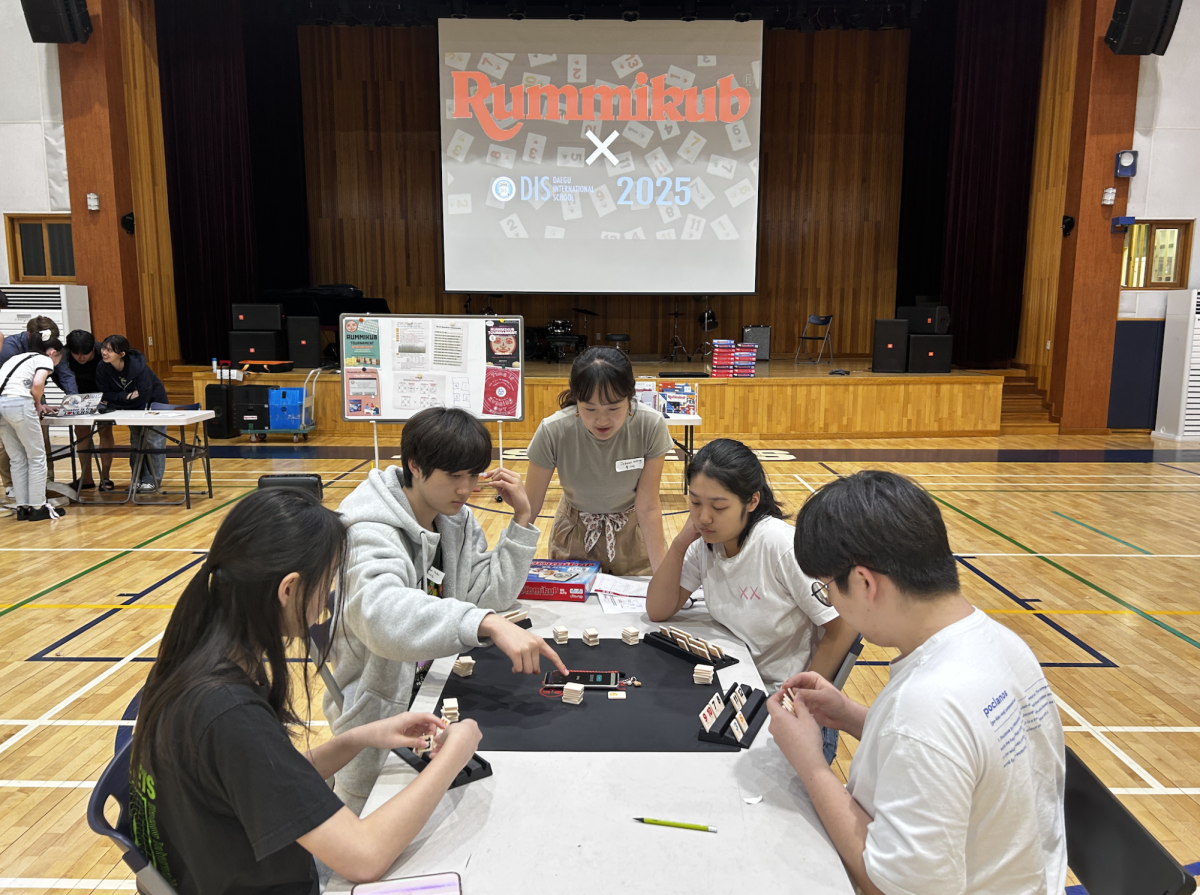
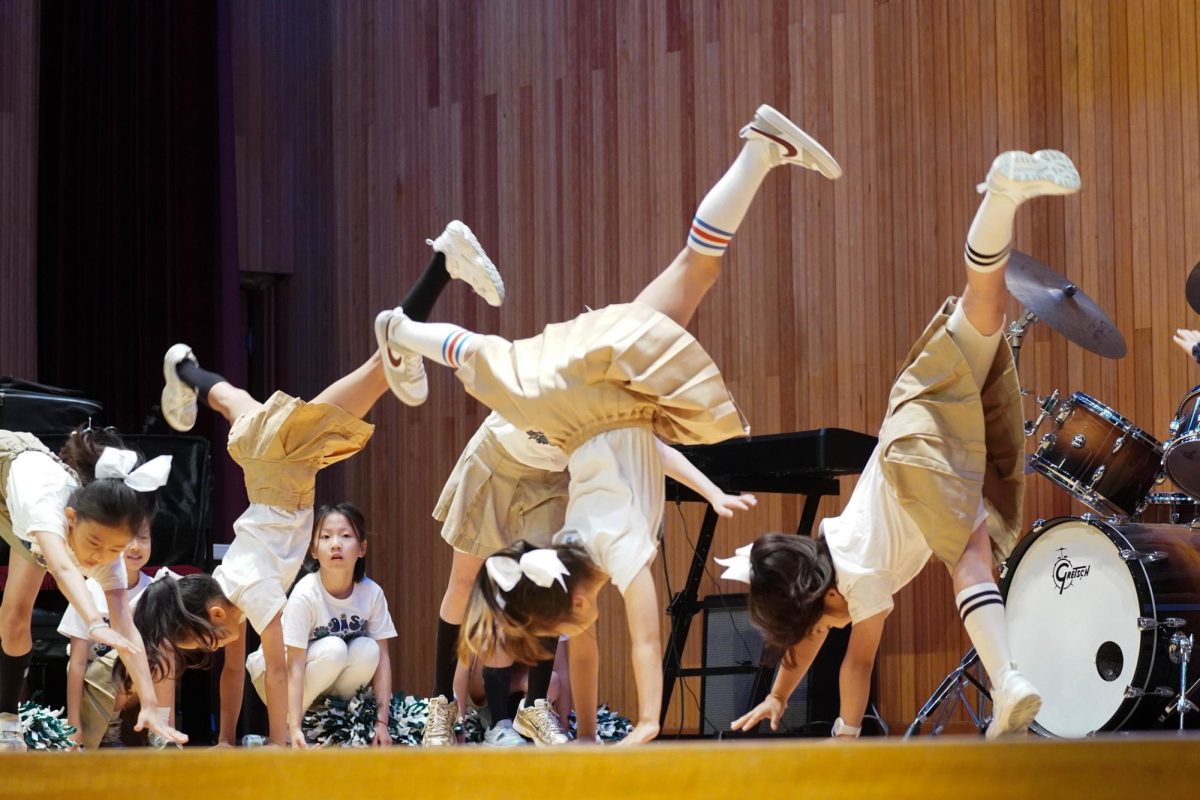



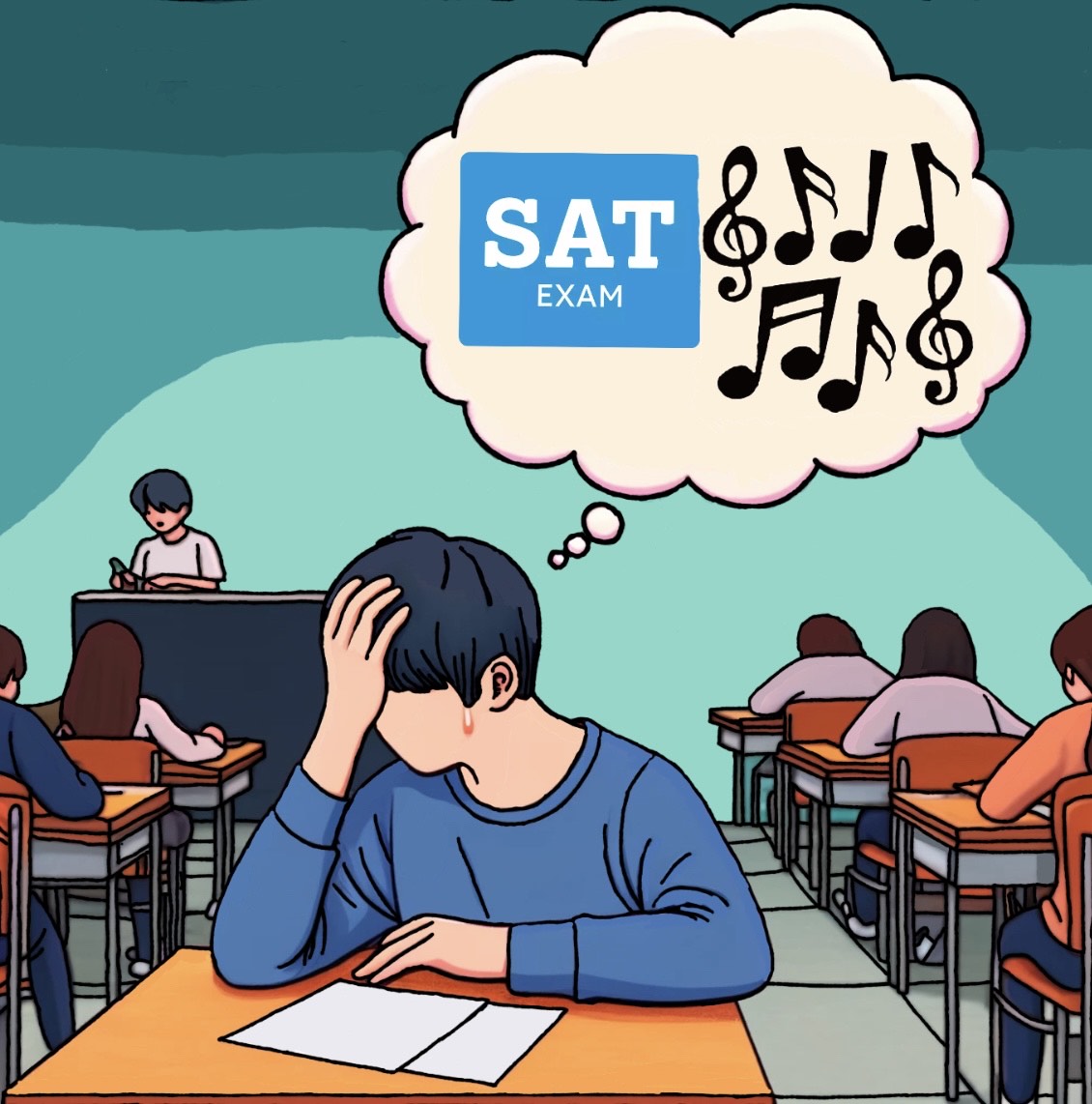
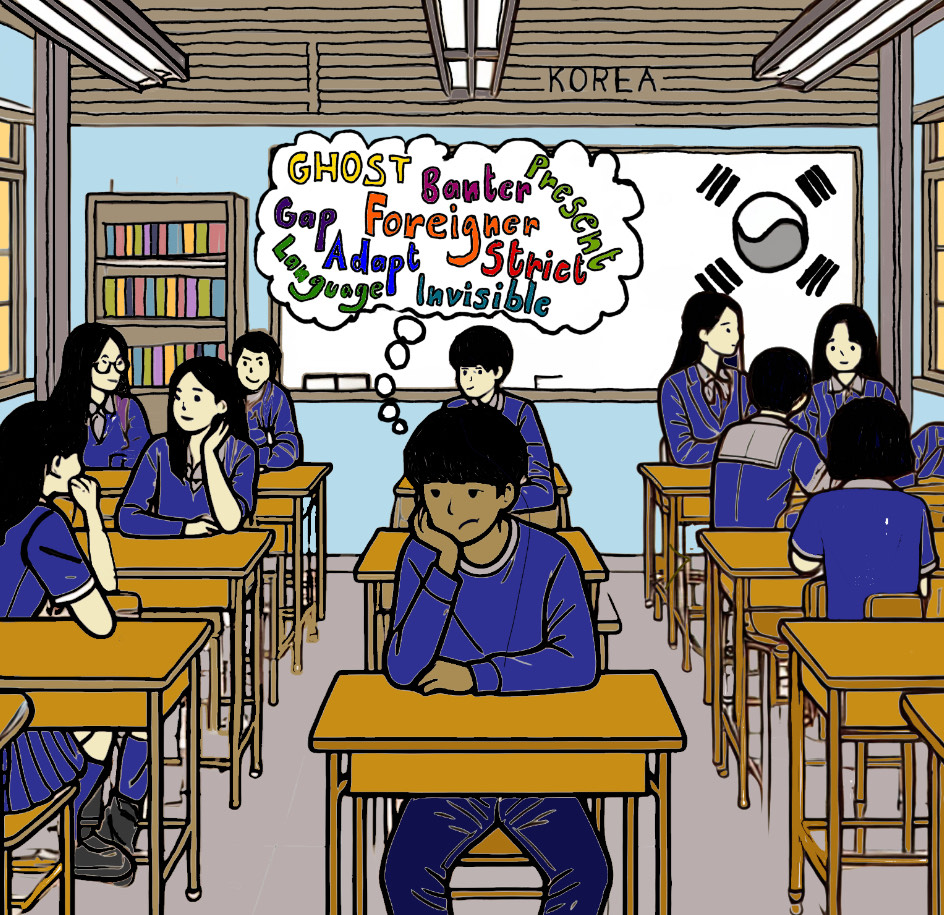


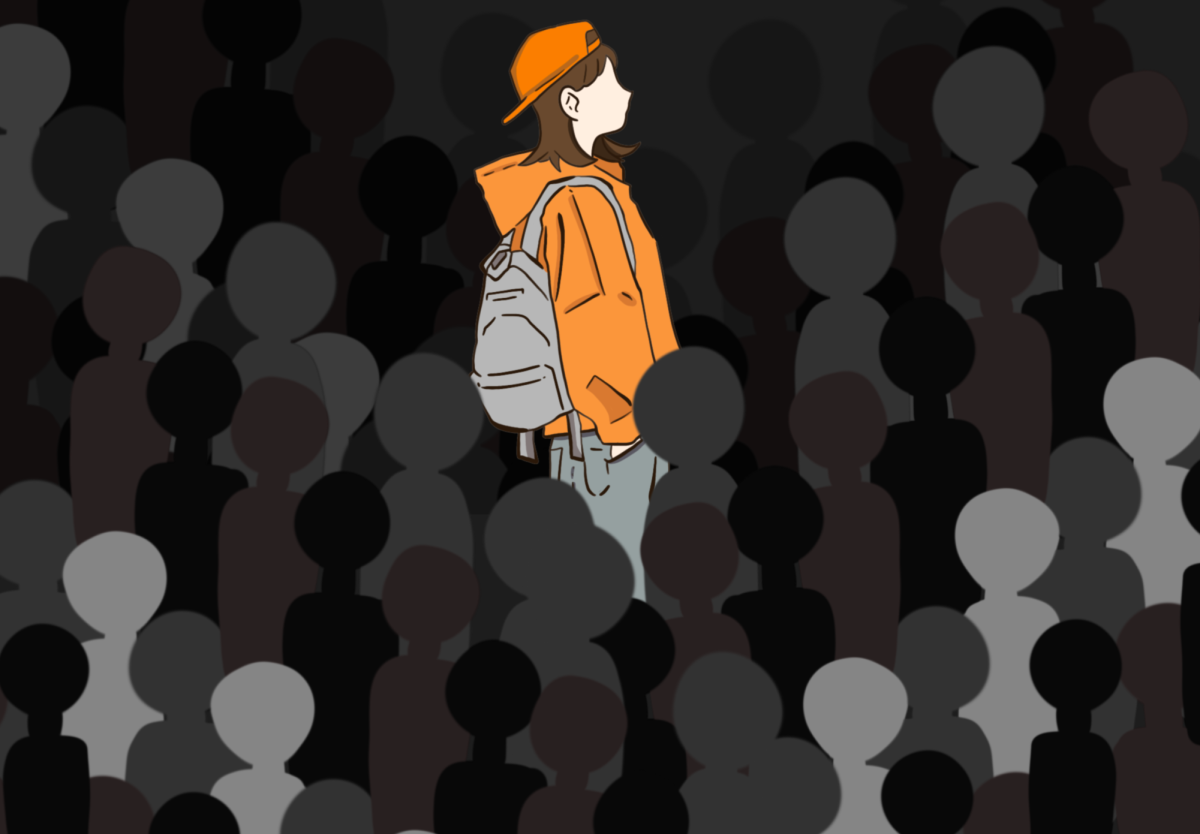






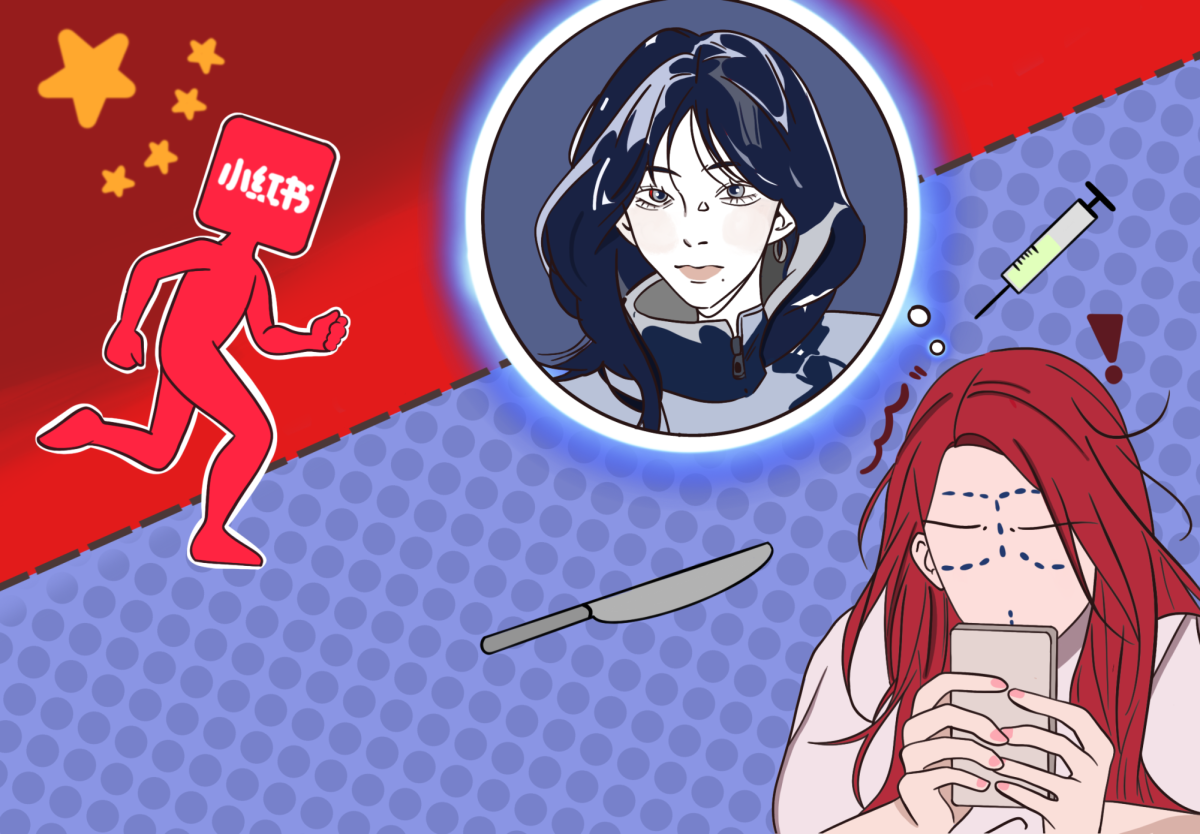
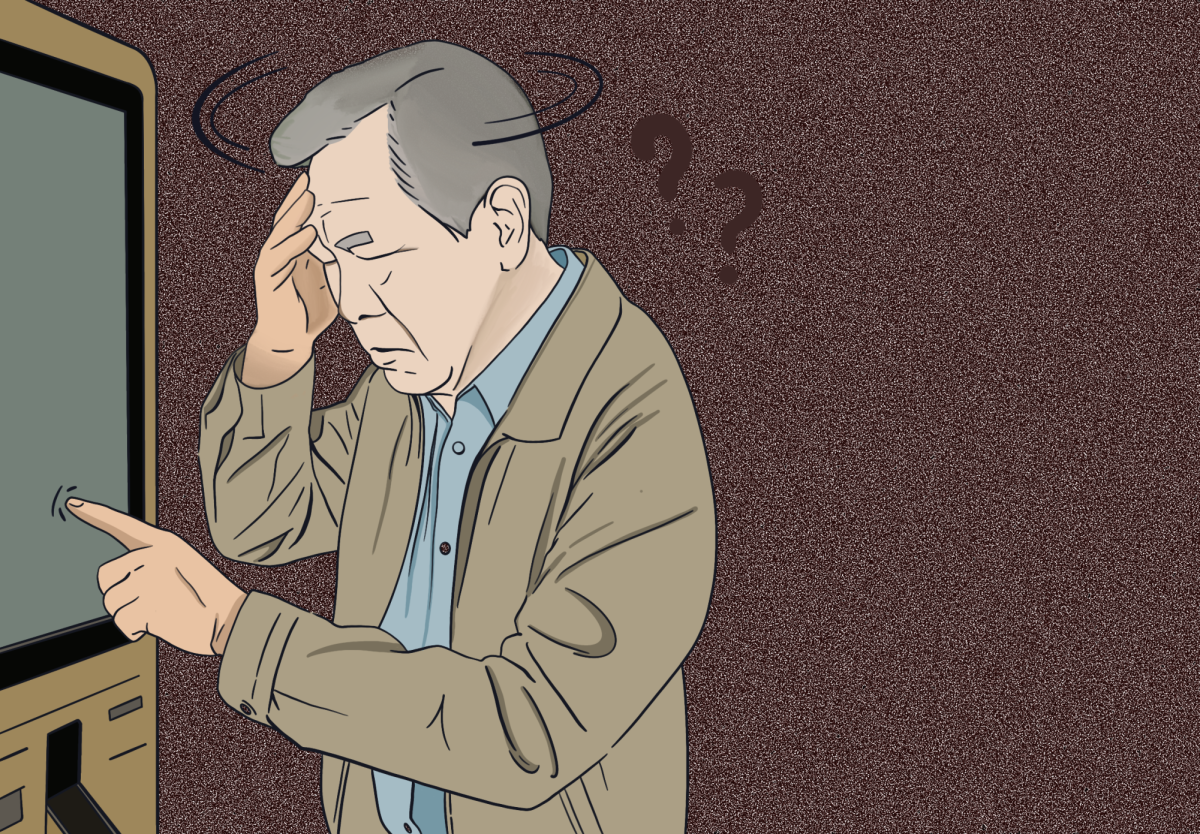
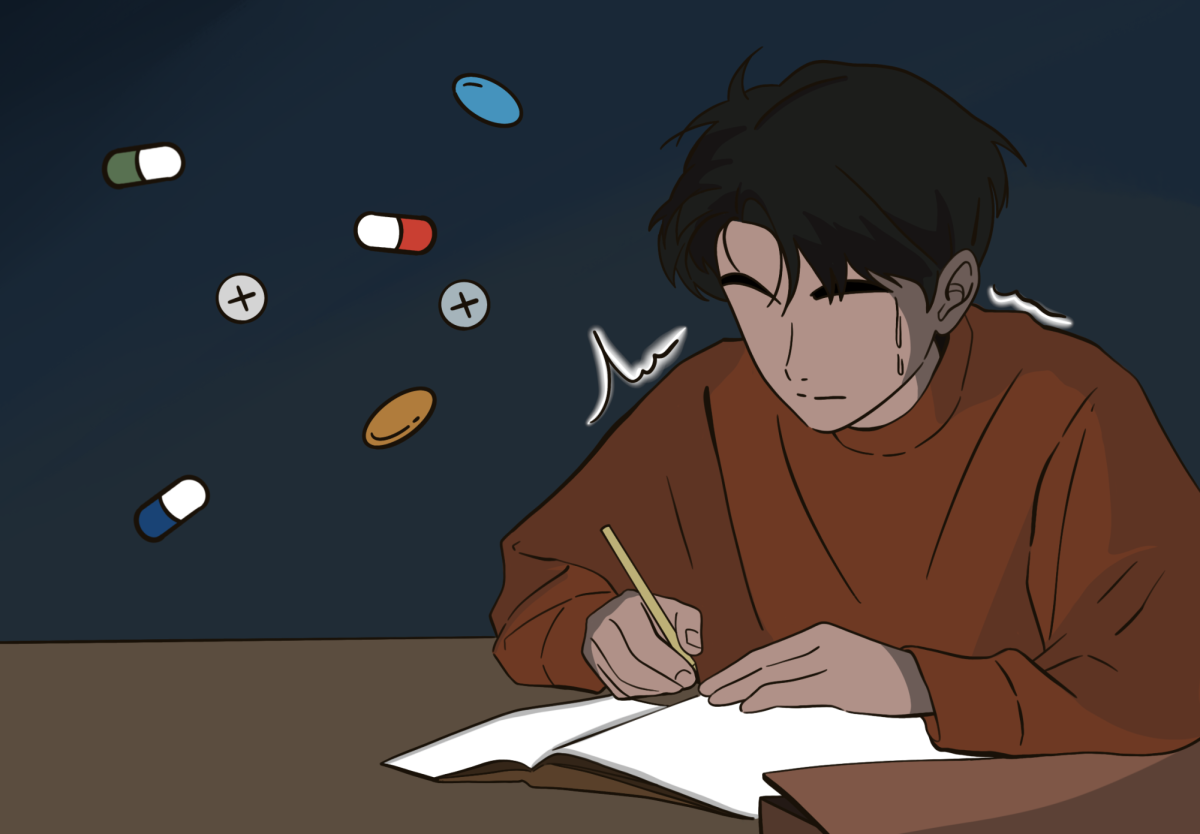
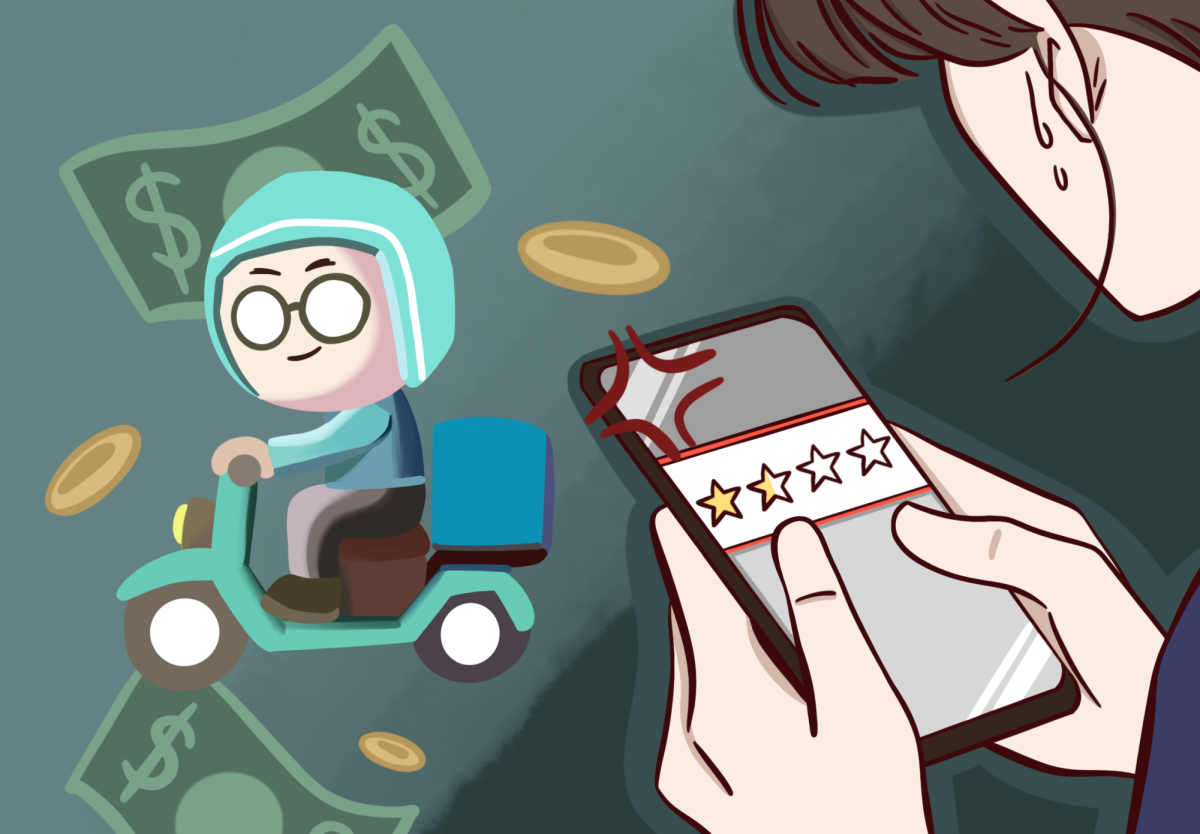
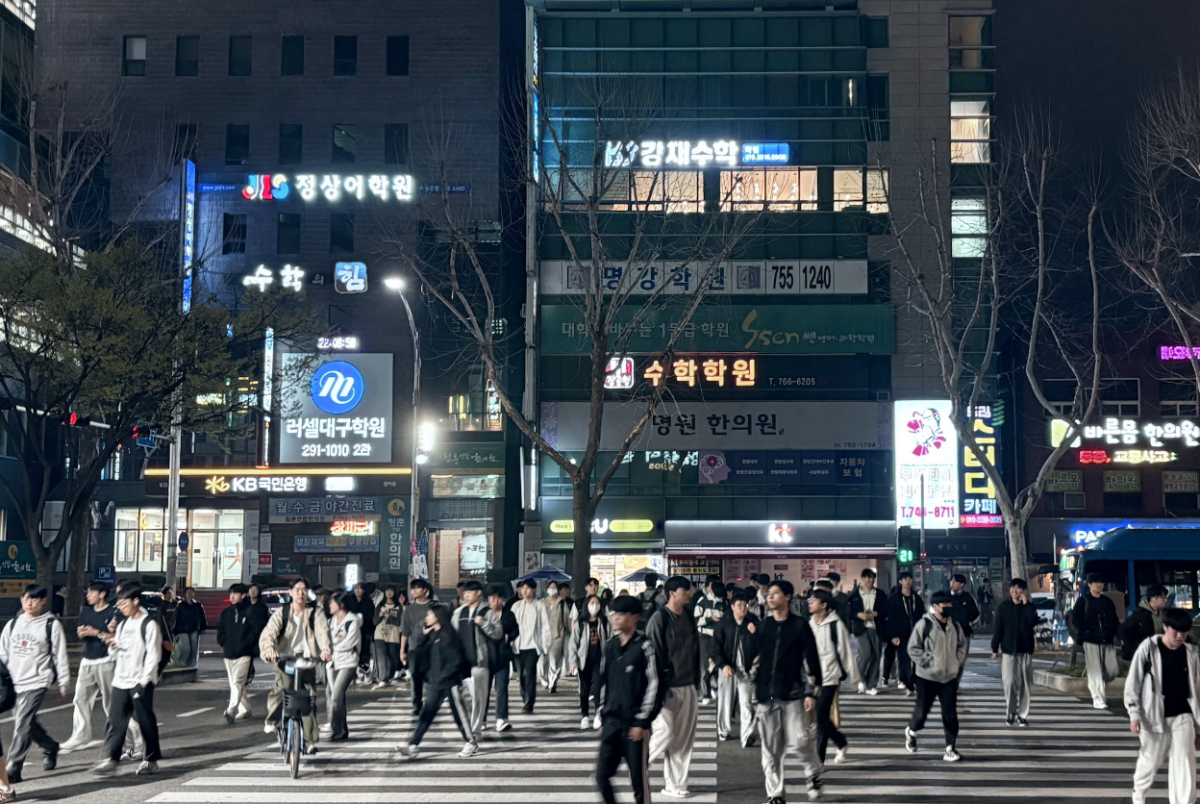


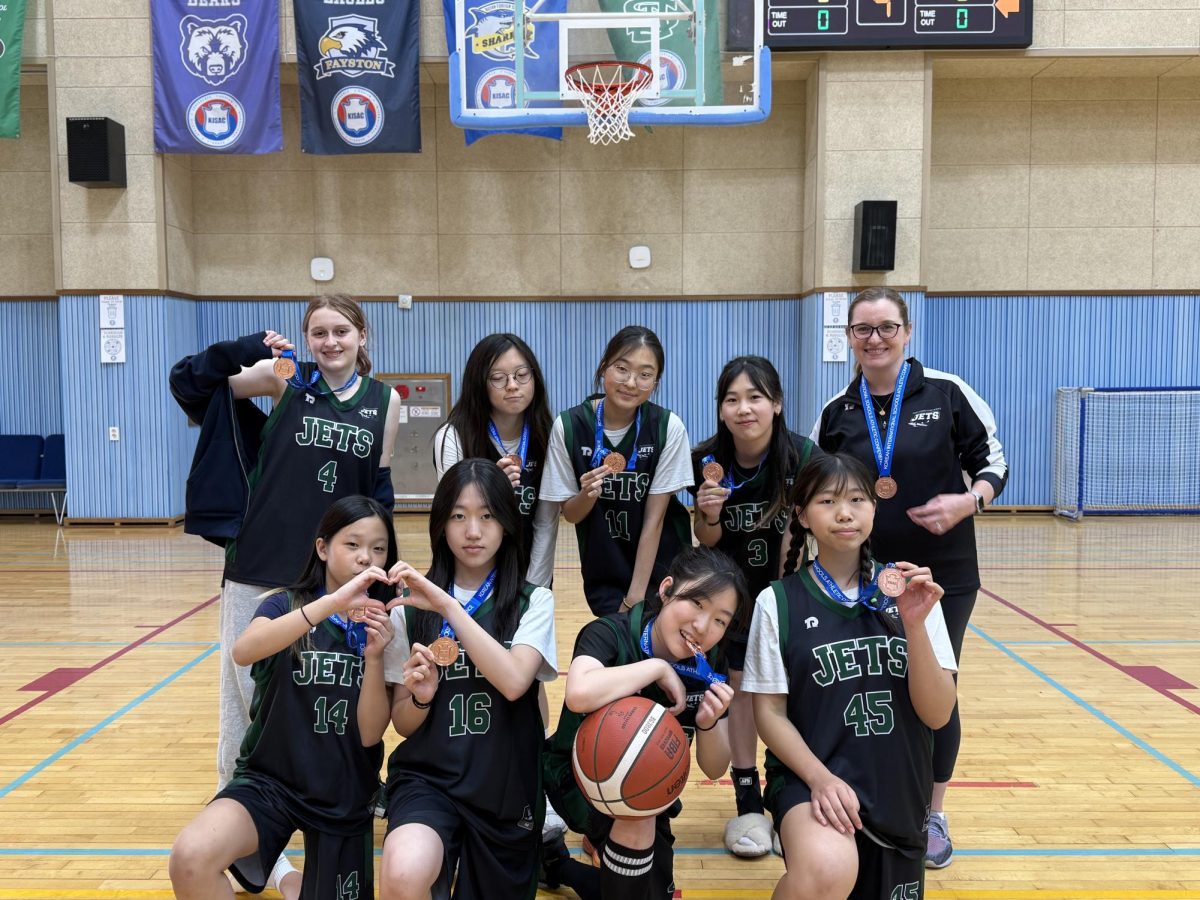
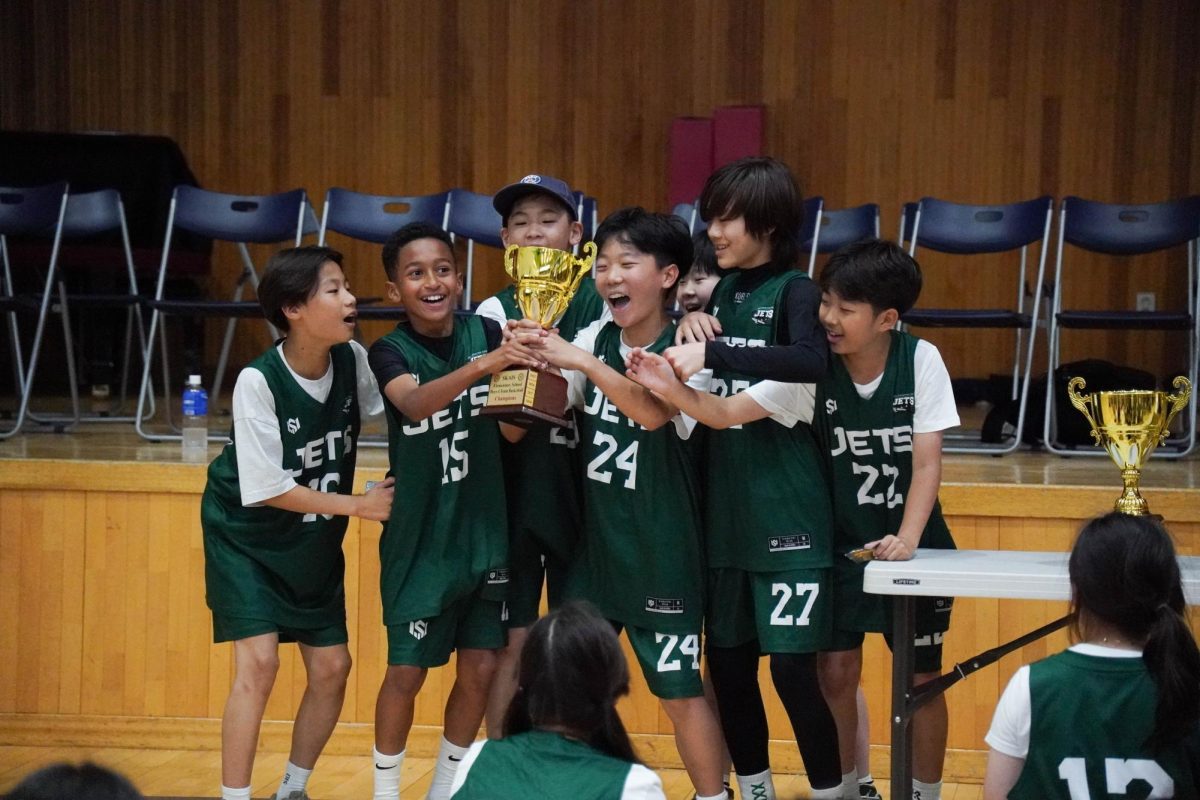








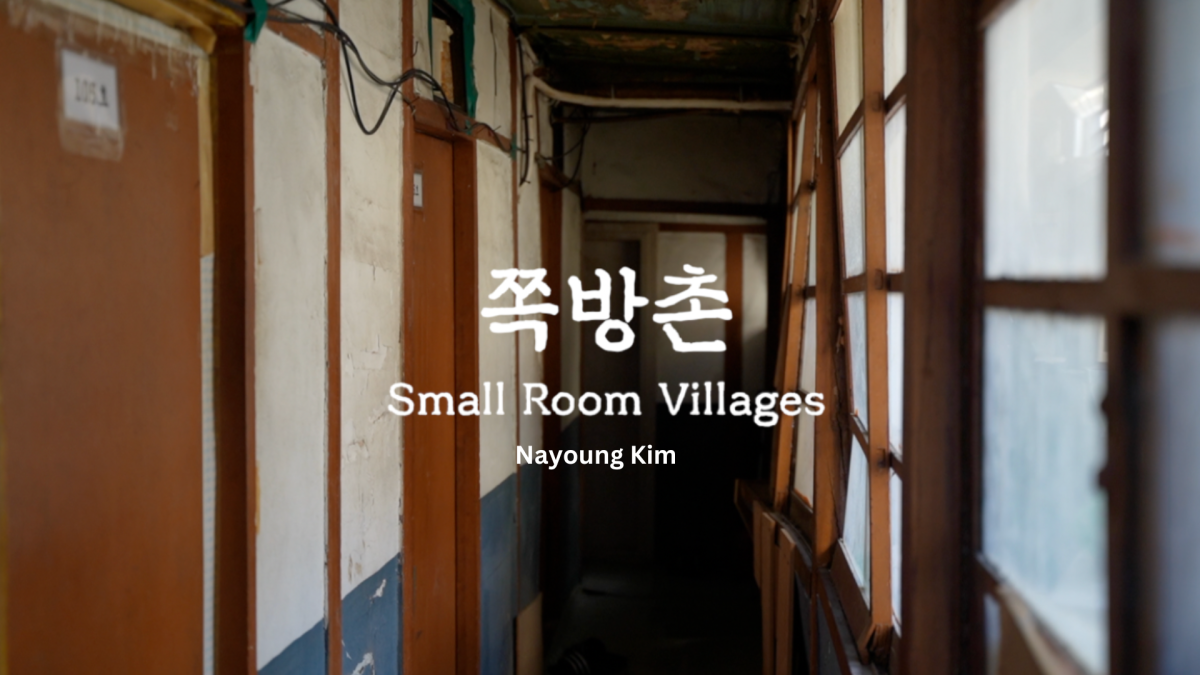
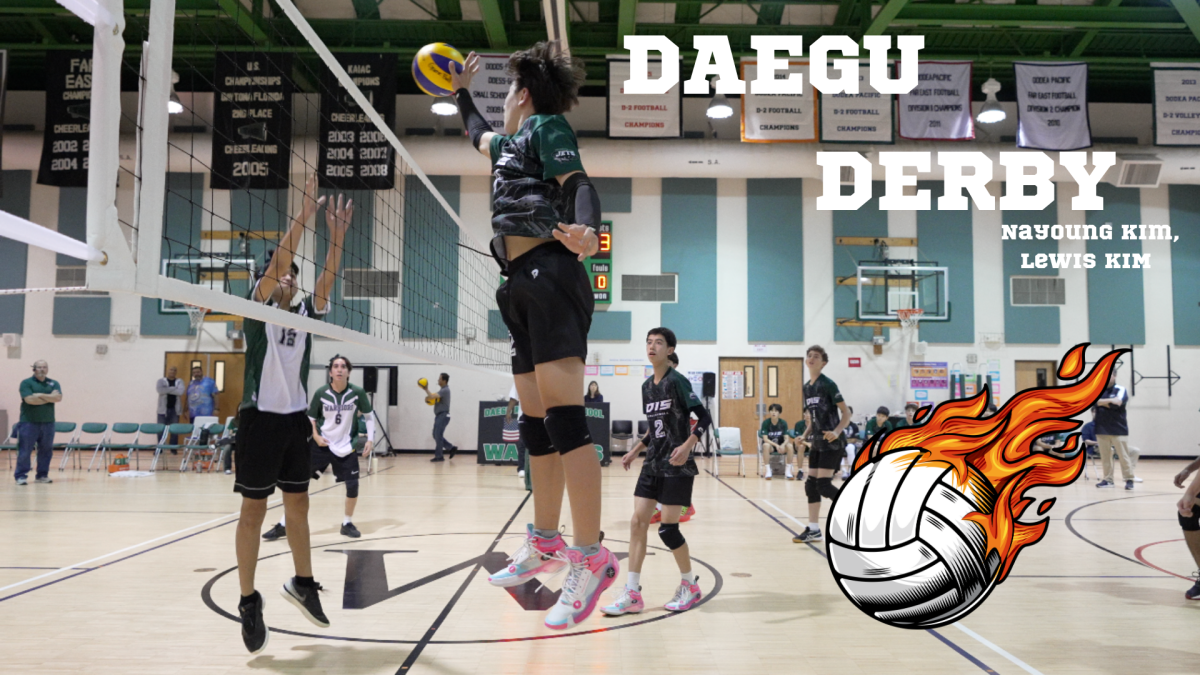
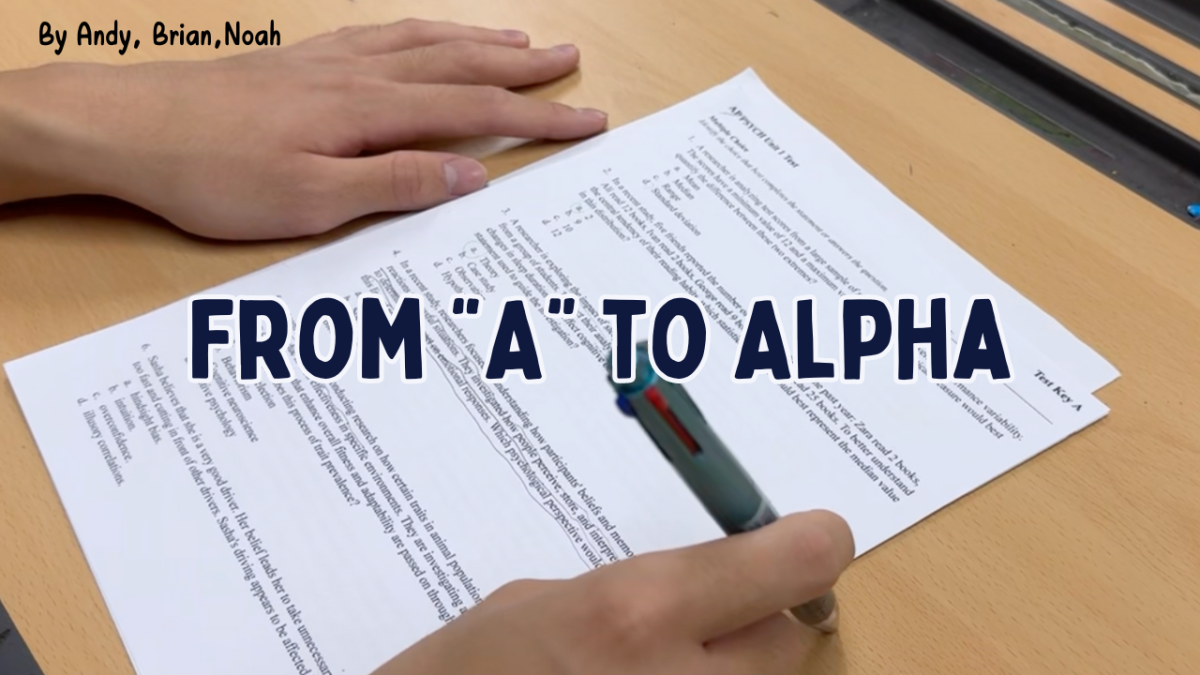
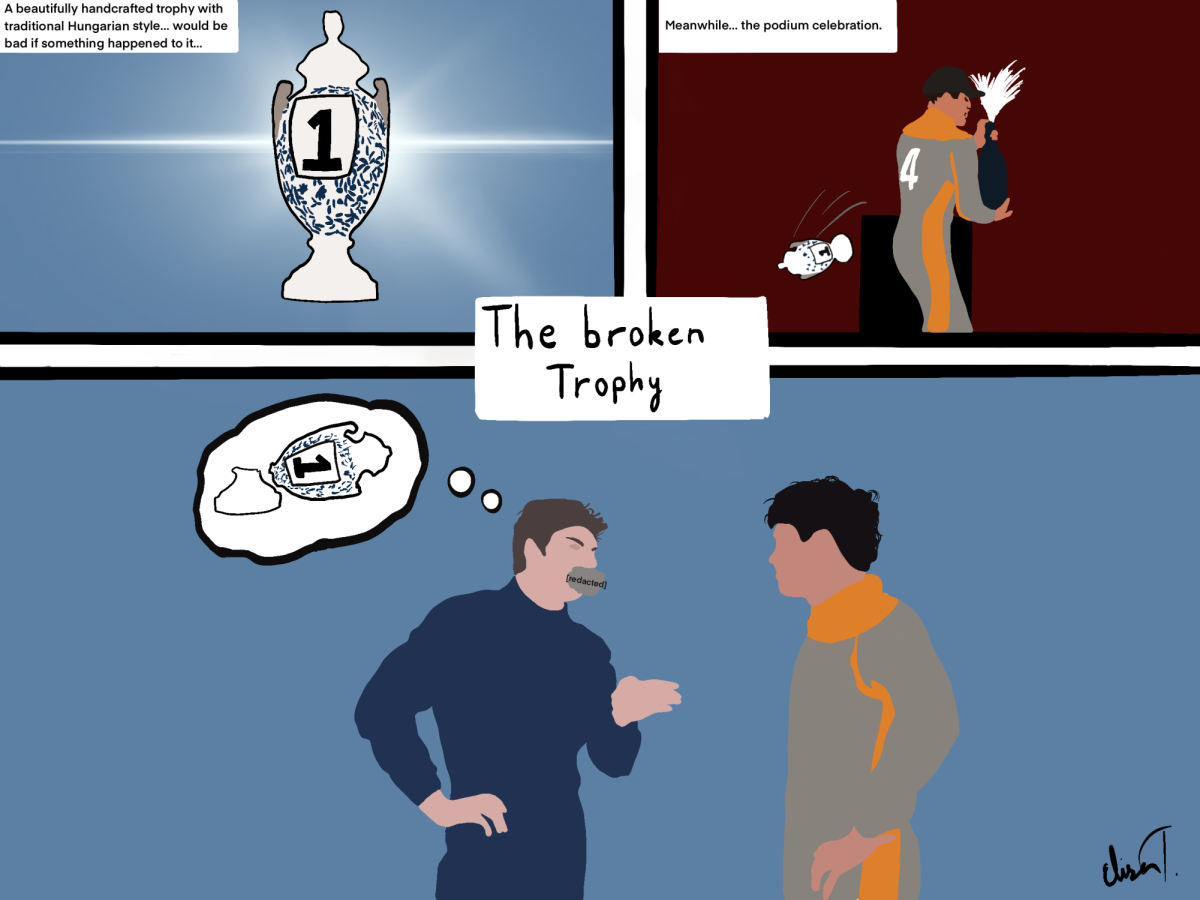
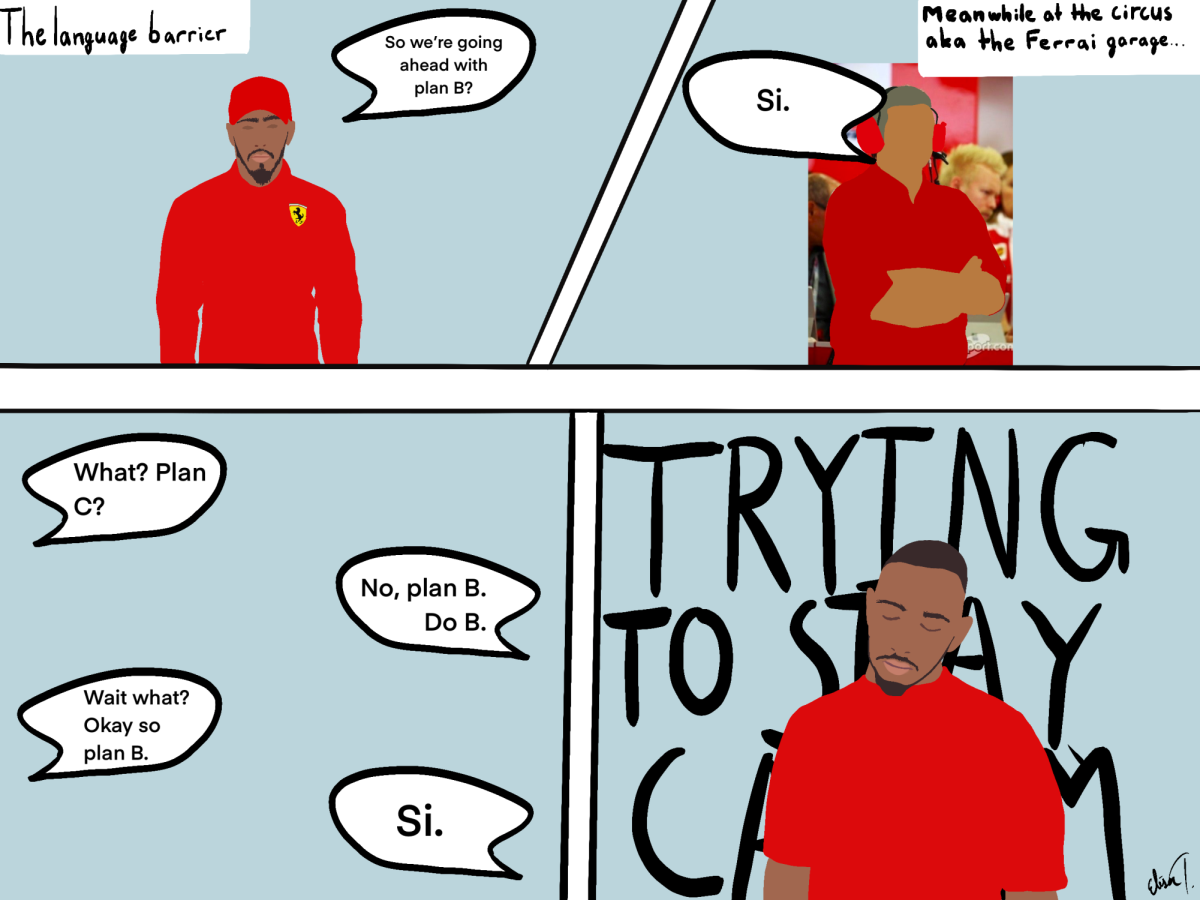
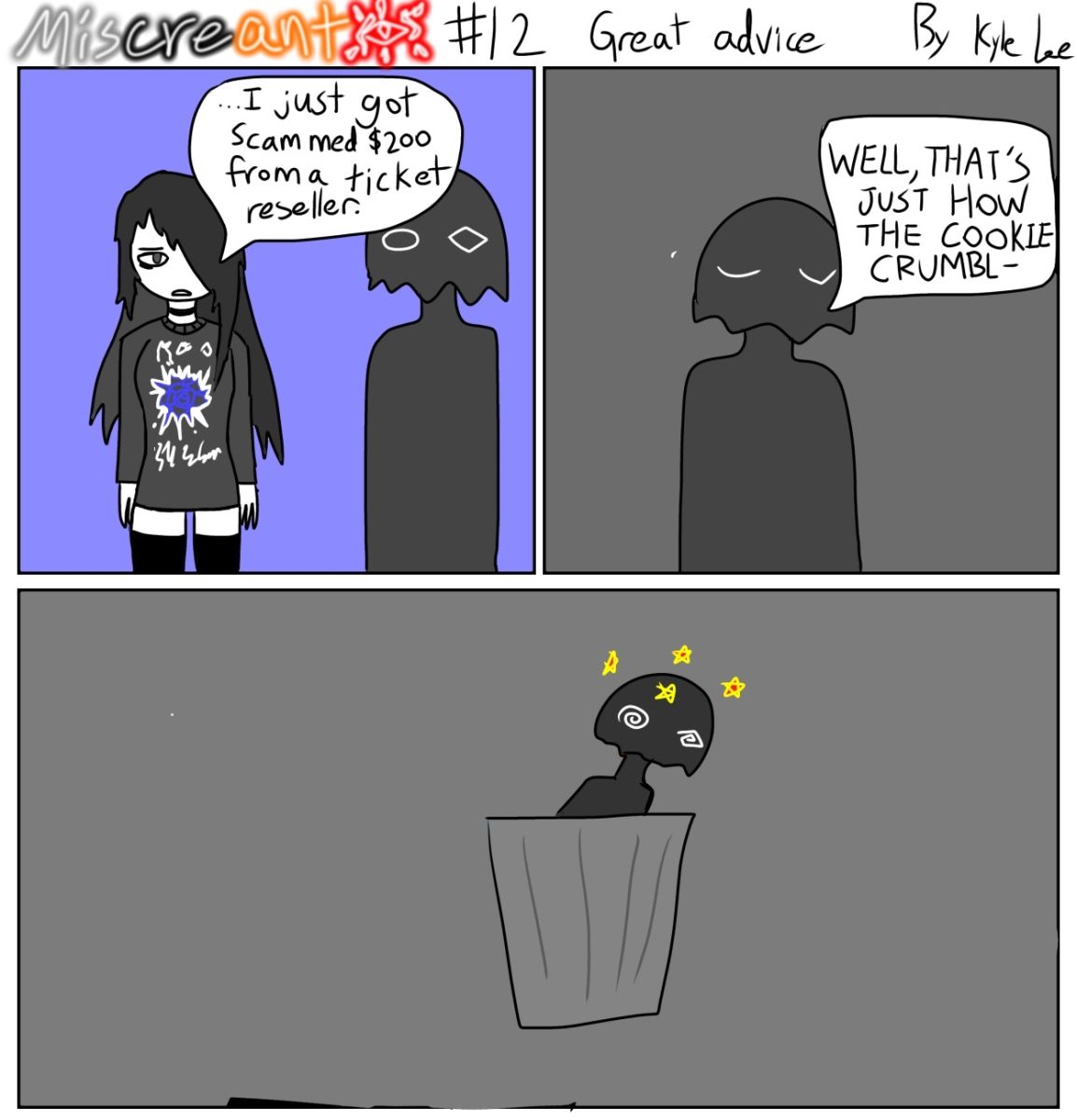
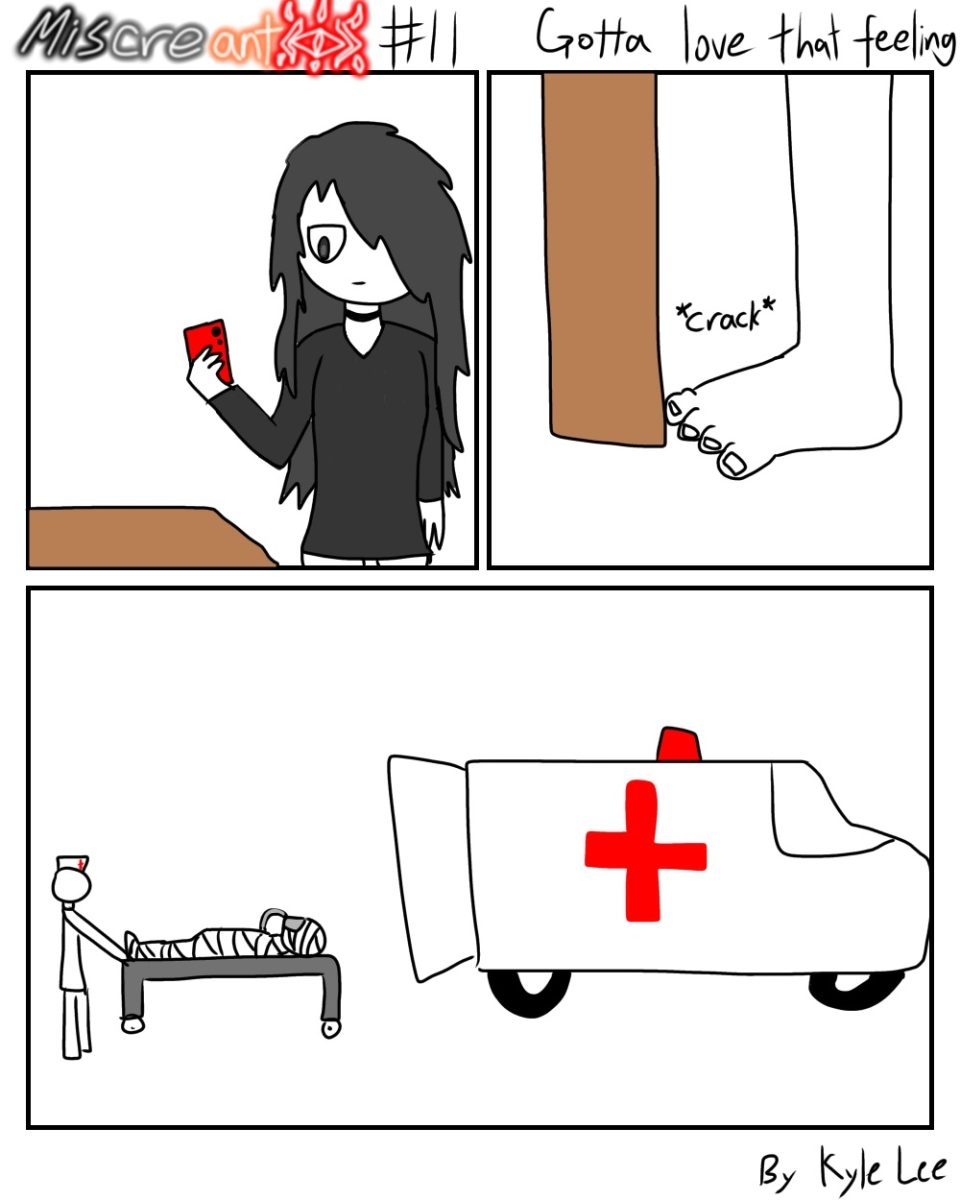

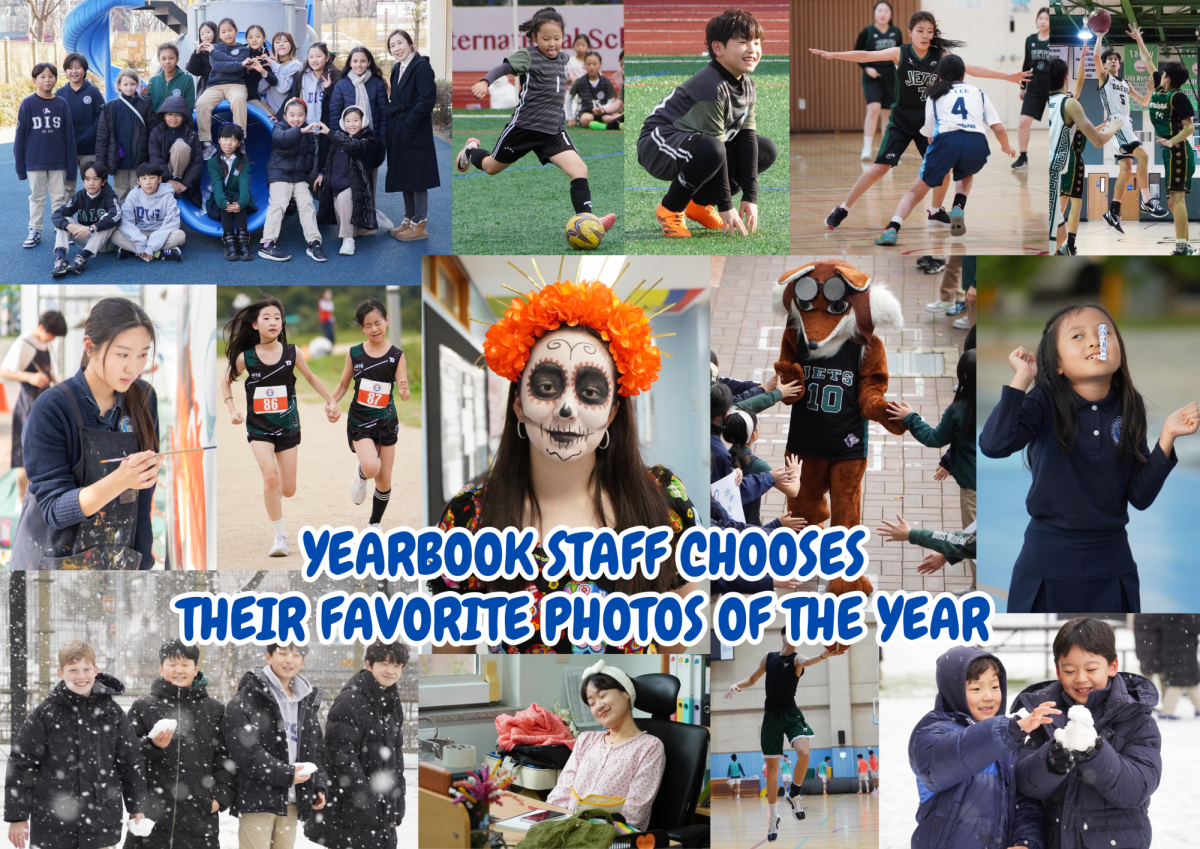
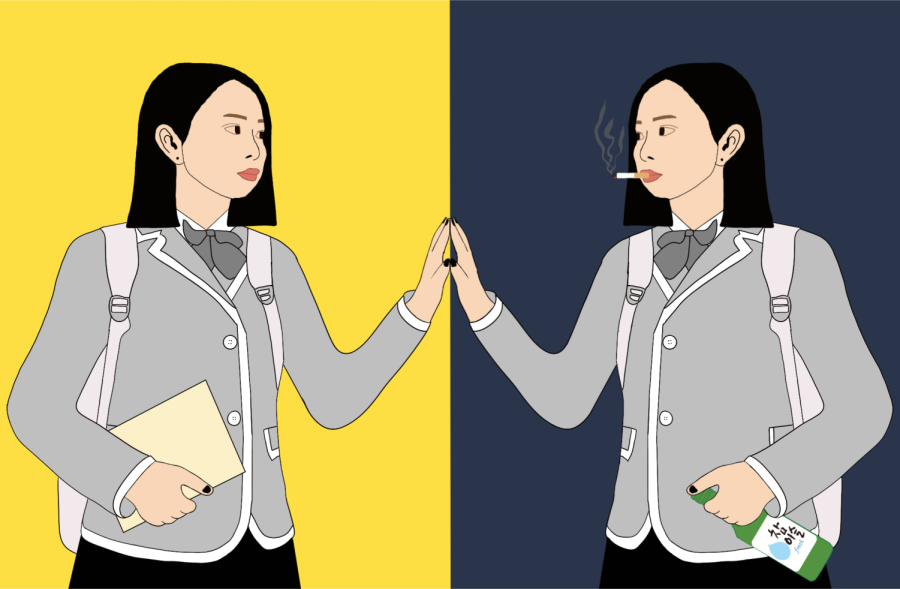



Maddox • Mar 21, 2022 at 7:35 pm
I was really shocked when I read this article. I did not think that this was happening at all in Korea. Thank you for letting me know.
Tracy Soyeon Kim • Mar 24, 2022 at 7:39 am
I know! I never new this was such a problem in South Korea! Thank you Mikey, Jade, and Grace for writing an article about serious problems in South Korea! People who make FAKE ID and smoke with chopsticks and hairclips are so sneaky! It gives me the creeps!
Jodie • Mar 17, 2022 at 7:31 pm
Great Job Grace!!! 🙂